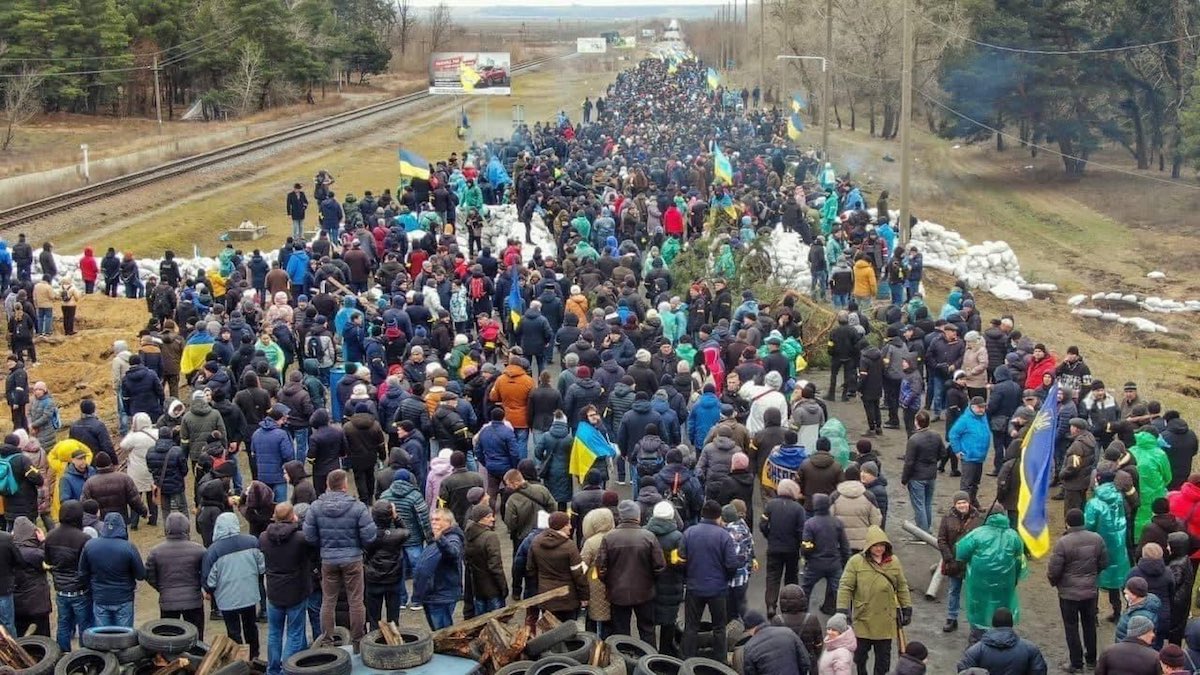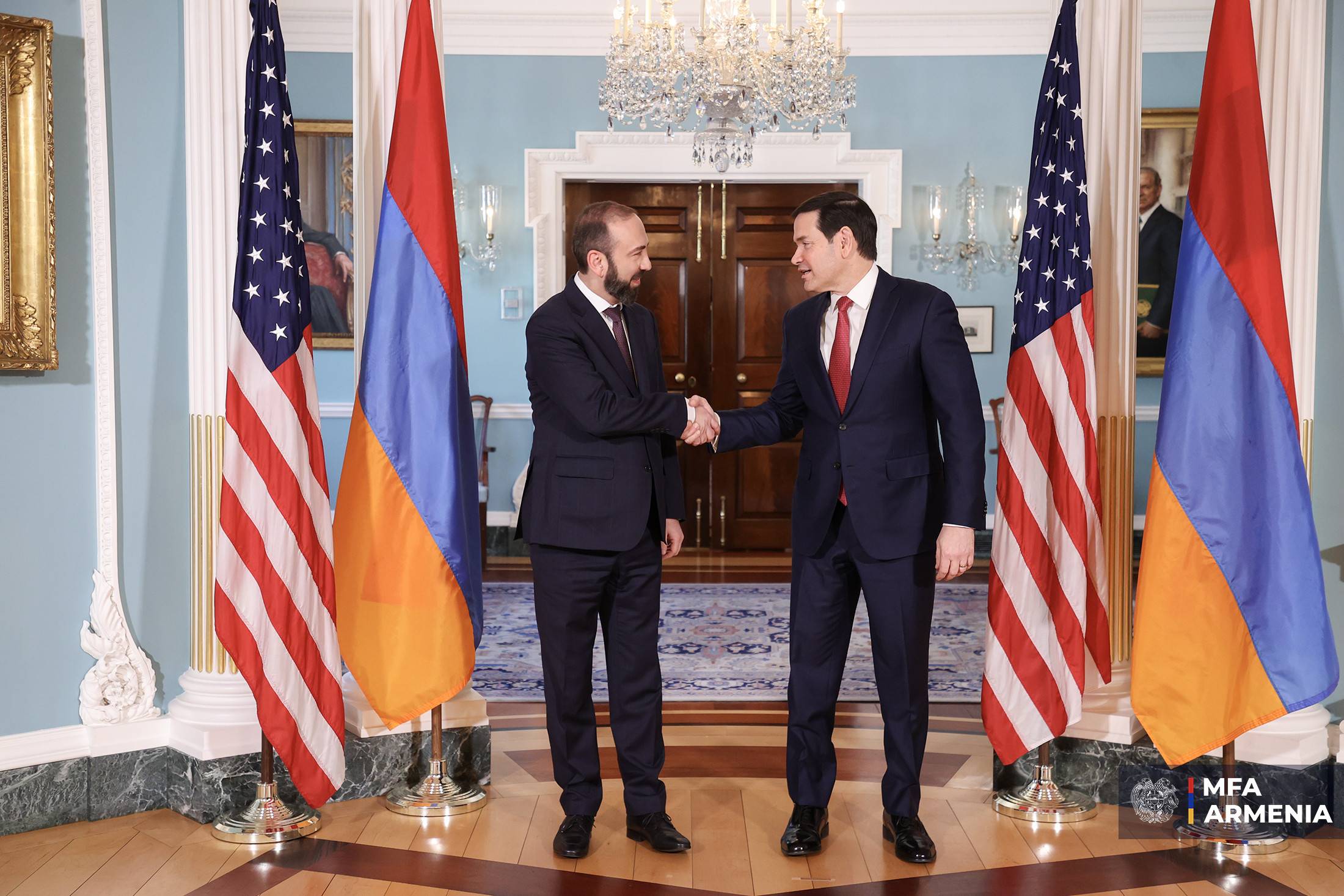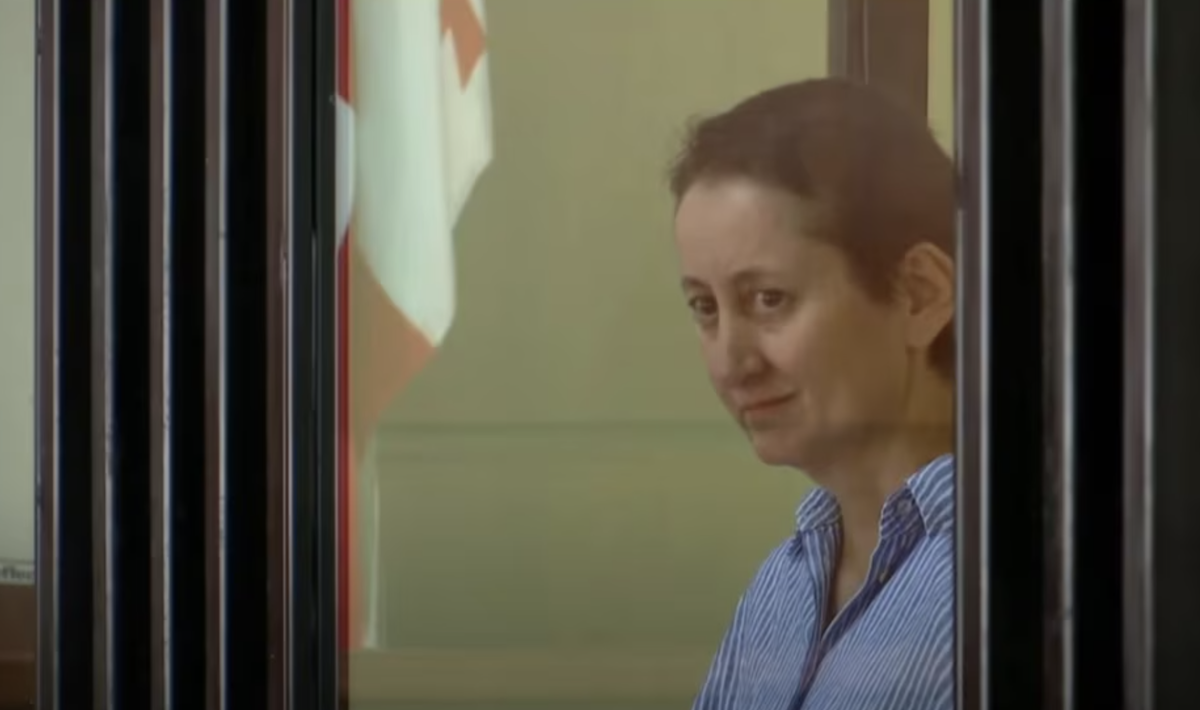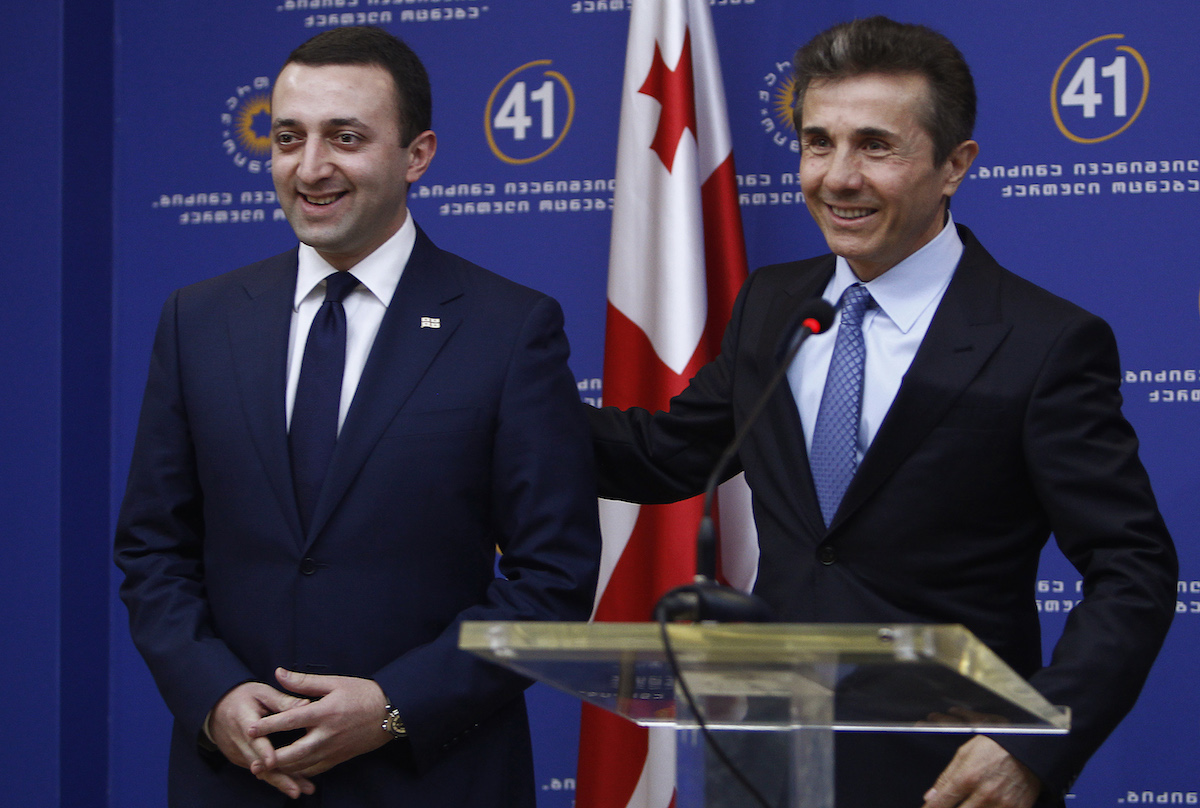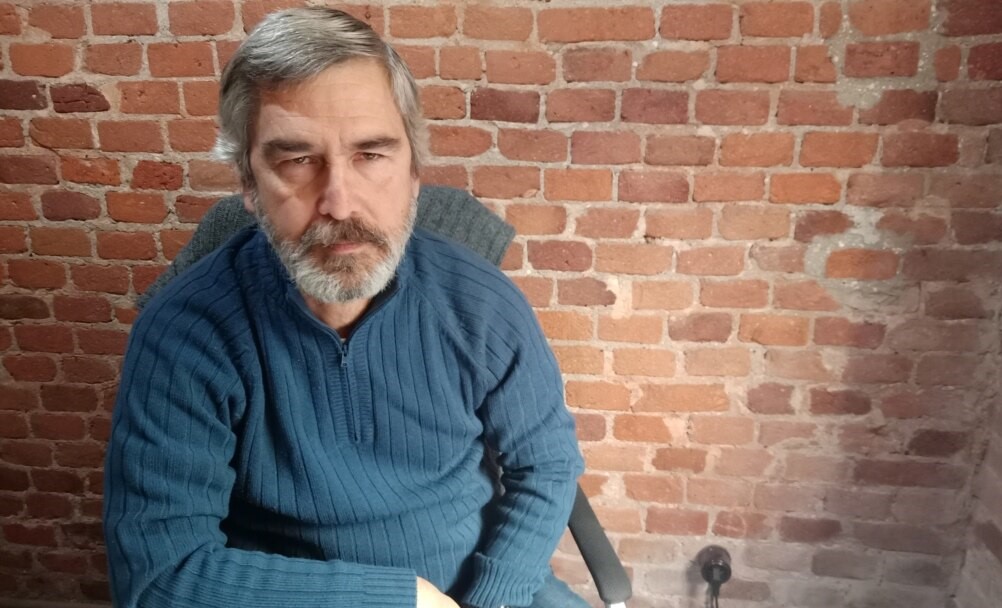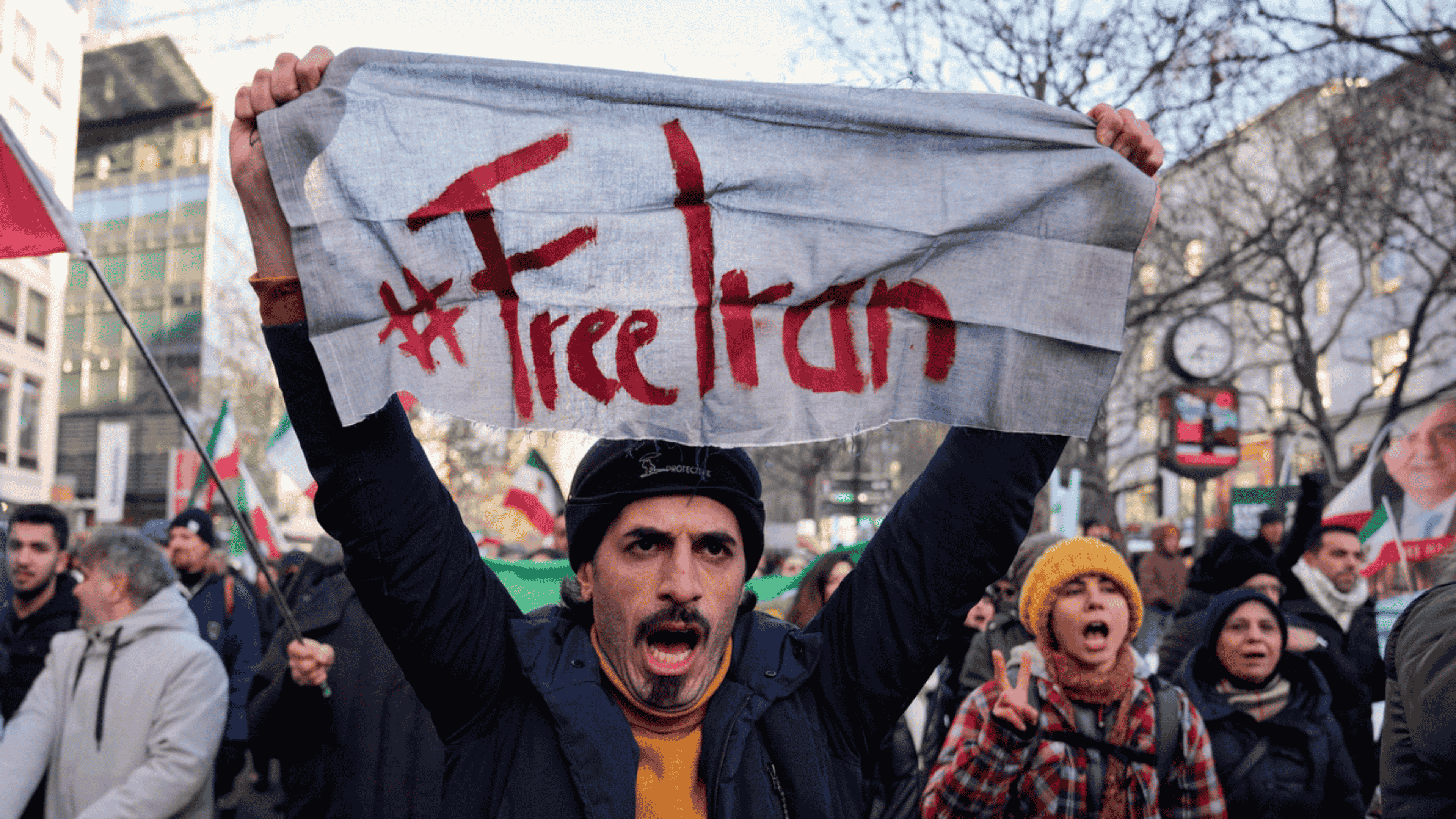"Putin told us to kill you" - how opponents of the war are persecuted in Russia
Persecution of war opponents in Russia
On Sunday, March 6, protests against the war in Ukraine were held in 65 Russian cities. According to the Russian organization OVD-Info, more than 4,600 people were detained at the protests. More than 30 people were reported being beaten and tortured in police departments. Police also came home to a 12-year-old schoolboy who questioned the correctness of Putin’s policy during the lesson.
26-year-old Muscovite Alexandra Kaluzhskikh was detained at a protest and taken to the police department in Moscow. She managed to make an audio recording of the police intimidating and torturing her.
The Russian Novaya Gazeta newspaper published the audio recording and its full transcript.
The police officers morally put pressure on the detainee, beat her and say that they can even kill her, since the authorities and President Putin personally allowed them to do so.
“Well, yes, this is a schmuck, Marginalka . What do you think will happen to us for this? Putin told us to “kill” them “what the hell, morons”. Putin is on our side! You are the enemies of Russia, you are the enemies of the people, . I’ll “kill” you , and that’s it. And it’s in the bag. They will also give us a bonus for this”, the publication quotes the police threat against the detainee.
Another detainee, 21-year-old Ksenia, says that she was threatened by one of the officers at the police station:
“He shouted, said that people like us “should [be] beaten”, that he would like to treat us like they did in Belarus, that people like us are unworthy of living in this country, that no one needs us in this country that we are a disgrace to the country. That if he could, he would shoot at us, he kept lamenting and saying, it’s a pity that you he couldn’t shoot us. Everyone asked how much we were paid.
Eighteen-year-old Nastya also spoke about police violence in the same Brateyevo branch.
“As soon as you enter the room, you immediately see: now they will do something to you, by their faces, by their mood. When I referred to Article 51 (an article in the constitution that allows you not to testify against yourself) and refused to disclose my personal data, a liter of water was immediately poured on me, right in my face. They called me a whore, a prostitute, they threatened to put me with the homeless, who … well, you understand. They waved a couple of times. They said we would not leave here. We were only spoken to through threats”.
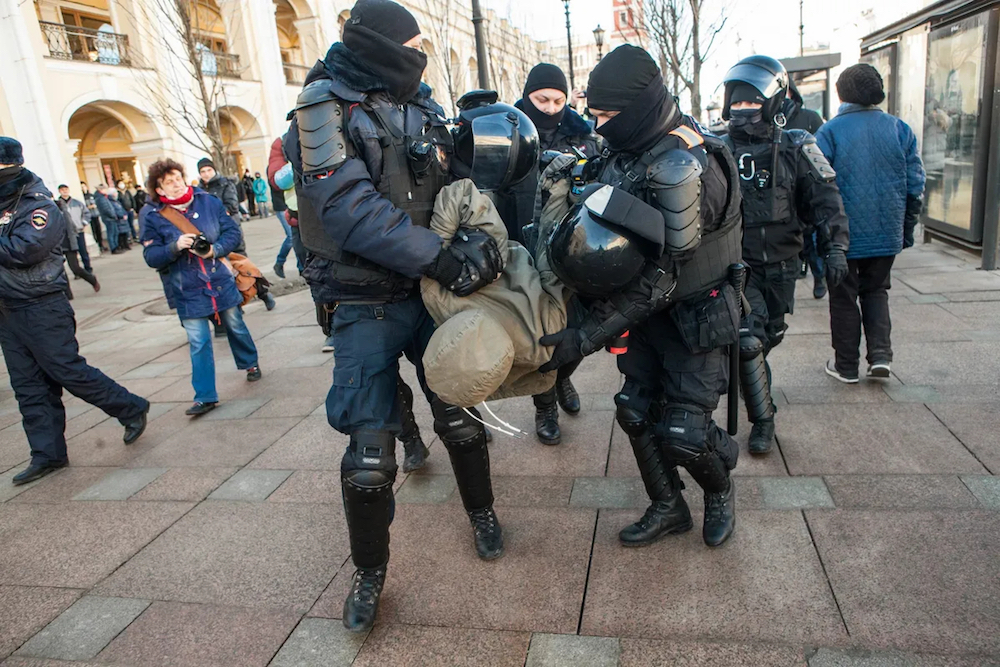
The police came to the student because of disagreement with the war
Kirill is 12 years old, he studies in the 6th grade of a Moscow school.
On Friday, March 4th, the sixth graders had their usual history lesson. Kirill himself tells this about what happened:
“The teacher said: “Actually, this is not discussed with the sixth graders, but if you want to understand what is happening, then ask questions.” And I started asking questions. I asked: “Why did Putin start the war?”
The teacher began to explain the causes of the war in Ukraine from the point of view of the Russian authorities.
After that, as Kirill says, he went to another lesson and shouted in the corridor: “Glory to Ukraine!”. Some of the schoolchildren sitting in the corridor responded with a response slogan.
Kirill’s mother says that later she received a WhatsApp call from an unfamiliar mobile phone and was invited to talk to the police. She refused, demanding a subpoena.
The next morning, at about ten o’clock, her son’s class teacher called her. She invited Natalia to come to school by twelve o’clock in the afternoon. She explained that the officers of the juvenile affairs inspectorate wanted to have a conversation with her son and her.
Natalia arrived at the school and wrote a statement that she was taking her son away “due to the fact that the child is being pressured and creating unbearable conditions for education” because of his political views. I put him in a taxi and took him to work. At the school door, she ran into a group of policemen.
The next day, Sunday, Kirill was at home alone. Mom left for work. At this time, two policemen began to knock on the apartment, but Kirill did not open it. They knocked for about half an hour, then turned off the electricity in the apartment, left a summons “to be called for an interrogation” under the door and left. The agenda contains an illegibly written date of the interrogation and a threat to “subject to arrest” in case of non-appearance.
“I sat on the bed and thought what would happen now”, Kirill says. “But I wasn’t afraid. I even wondered what they had going on there. How do they decide: here we have a twelve-year-old boy who expressed his opinion, let’s go to his house. He does not open to us, let’s turn off the light for him.
Kiril calmly explains his position:
“I think the teachers are wrong. We are told that the people of Ukraine were brainwashed, but it seems to me that it is us who are getting brainwashed”.










